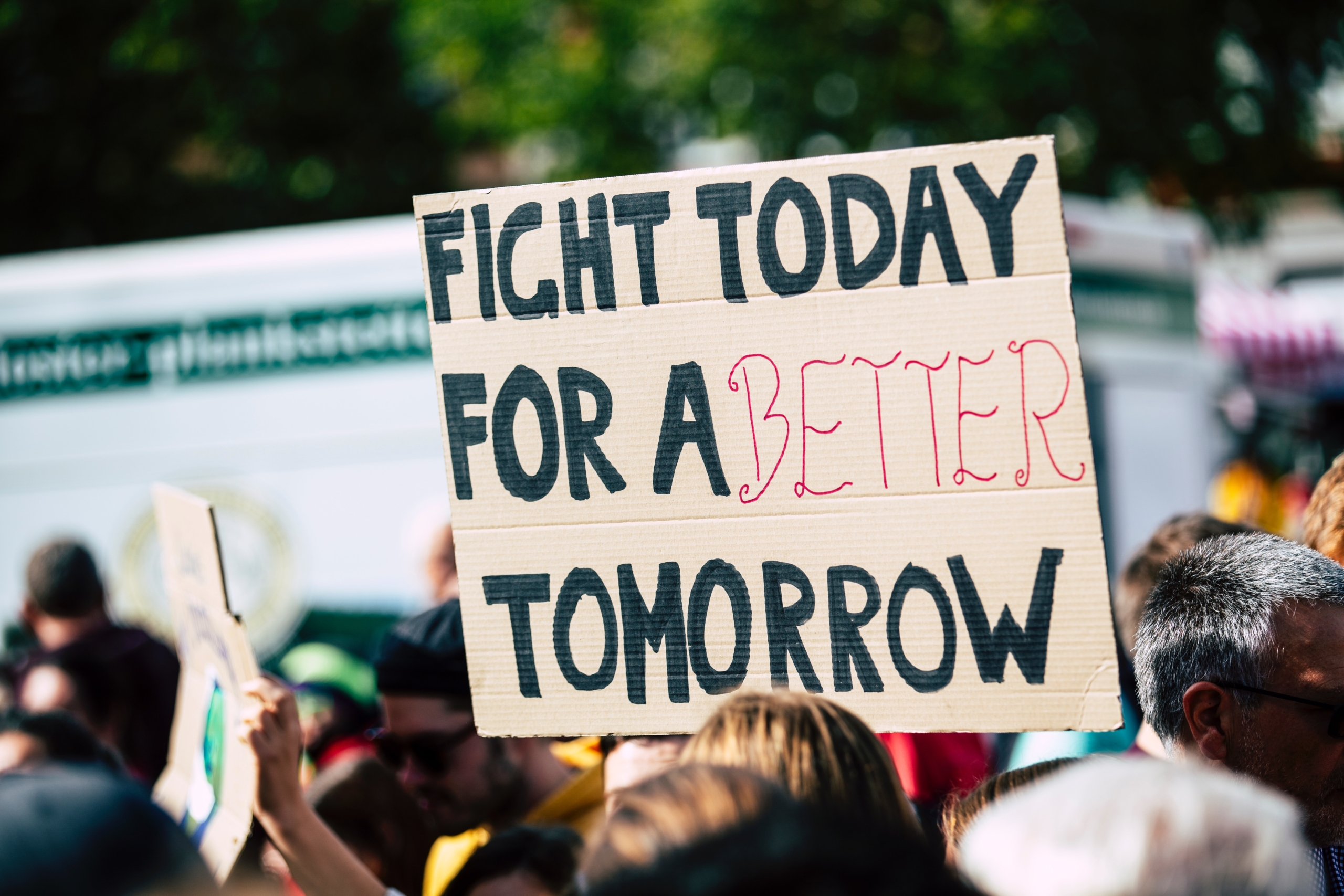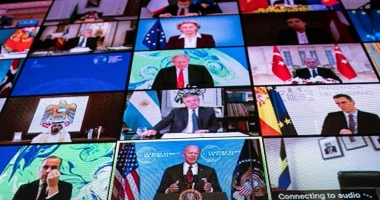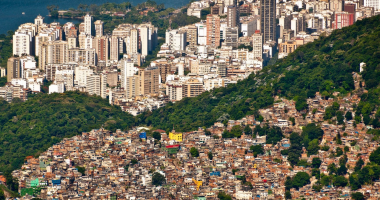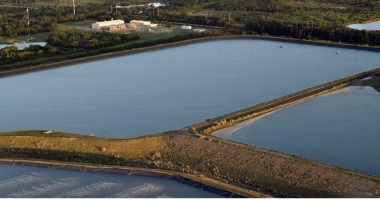Climate, Health and Equity Brief
A Conversation with Grist
October 13, 2019
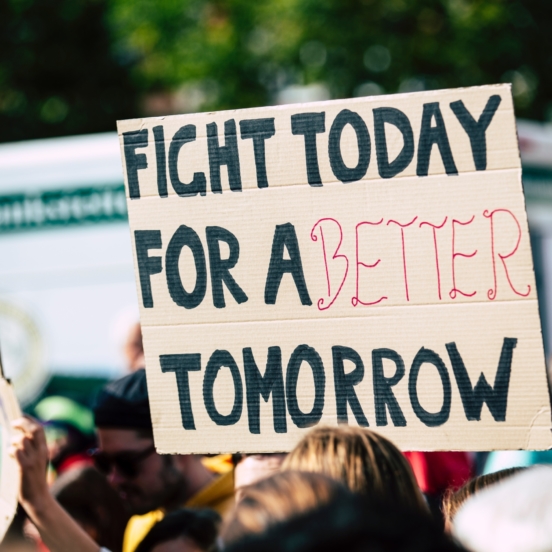
Conversations with those taking action at the intersection of climate change and public health.
As part of our weekly Climate, Health & Equity Brief, we’re pleased to share a periodic interview series with leaders working at the intersection of climate change, health and equity. This month we spoke with Brady Walkinshaw, CEO of Grist and a former Washington State lawmaker.

What should our readers know about Grist’s mission as well as your approach to covering the climate crisis?
Speaking in our Gristy way, our vision is of a planet that doesn’t burn and a future that doesn’t suck. Our mission is to make the story of a better future so irresistible you want it right now. Which is to say: We’re focused on telling the story of the equity-based solutions that will get us to a decarbonized future — and empowering our audience of readers to act. When we think about a theory of change, we’re focused on narrative and leadership as the main levers.
You were in the Washington State House before you took over as CEO of Grist. What state and local climate-related policy approaches do you think hold the most promise?
Yes! I served two terms in the State Legislature in Washington State. It was the best education. There are already a lot of promising climate-related policy commitments on the table. In energy, for instance, we’re beginning to see state-based 100% clean-energy initiatives and emissions standards take root across the country. And while all of this work is super important, what I feel is missing in the system right now is the sort of innovative, holistic, applied state- and local-level policy vision for what it takes to decarbonize at the pace and scale we need. I think there’s a real gap here! We need cross-sectoral thinking, from working to eliminate animal-based proteins to public purchasing programs to implementing solutions that accelerate density and zero-carbon mobility in urban centers.
What are the best things happening right now in the fight against climate change?
We’re seeing rapid gains in innovation: in everything from technologies like carbon capture to practices like regenerative food production. I tend to think of these efforts as the supply side of climate action. It’s all very exciting, and we need more it; full stop. However, what I think is most exciting at this stage is the movement-based demand we’re seeing. We’re going to need more of this sort of widespread, grassroots mobilization of people as participants in political systems (and as consumers) to demand the scale of change we need. We’re also seeing a rapid shift in the narrative of what’s possible. Ideas that seemed extraordinary a year ago — like bold interventions that prevent the expansion of new fossil fuel infrastructure — are now making their way into the mainstream via the 2020 Democratic primaries.
What is the one thing you would encourage others to do to make an impact?
Recognize your power in the political system and as a consumer to accelerate this better future. At this point, it’s an imperative for all of us to be bold! And don’t be discouraged. In contrast to what Jonathan Franzen may tell you in The New Yorker, in the case of decarbonization, it’s essential for hope to spring eternal for serious solutions to take root. If we don’t ask more of ourselves, we run the risk as a global society of prematurely settling for adaption and dealing with the (existential) consequences.

)

